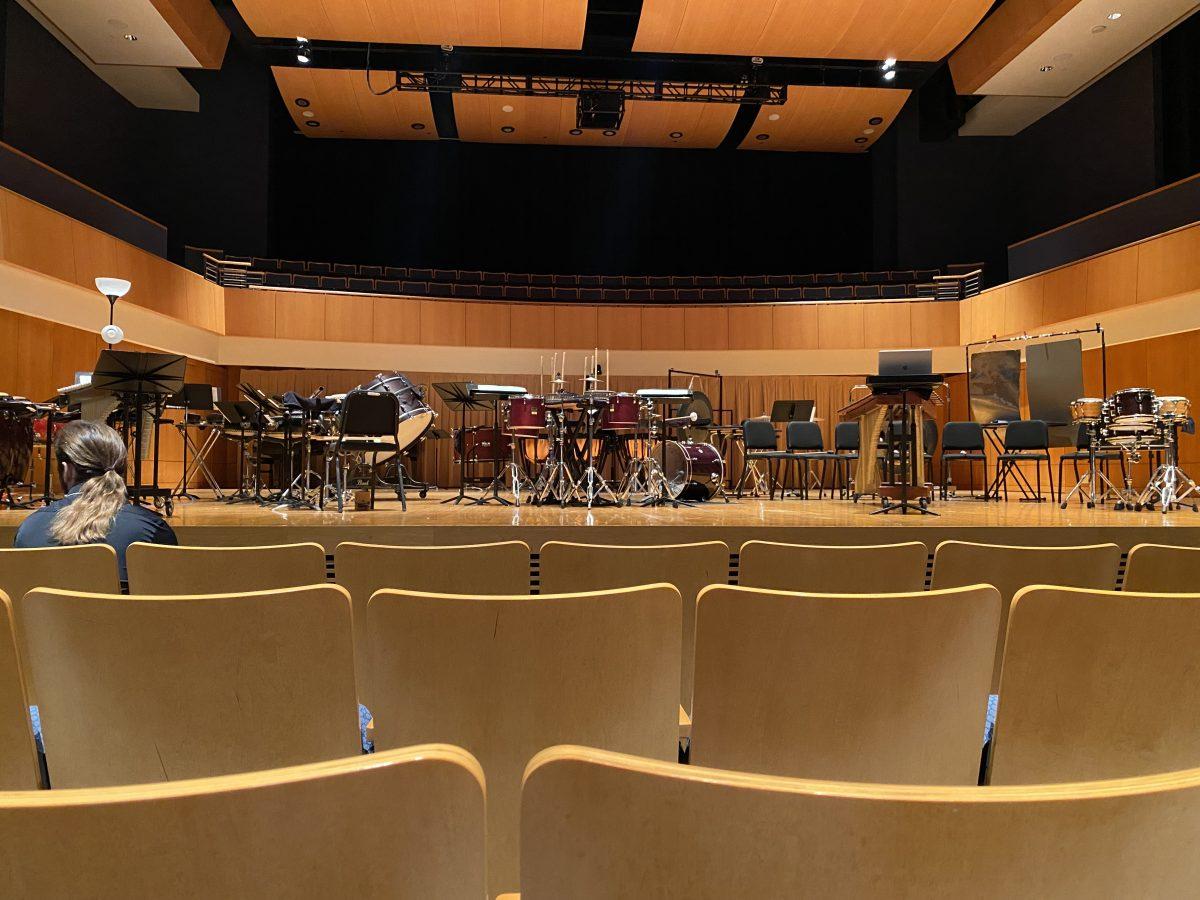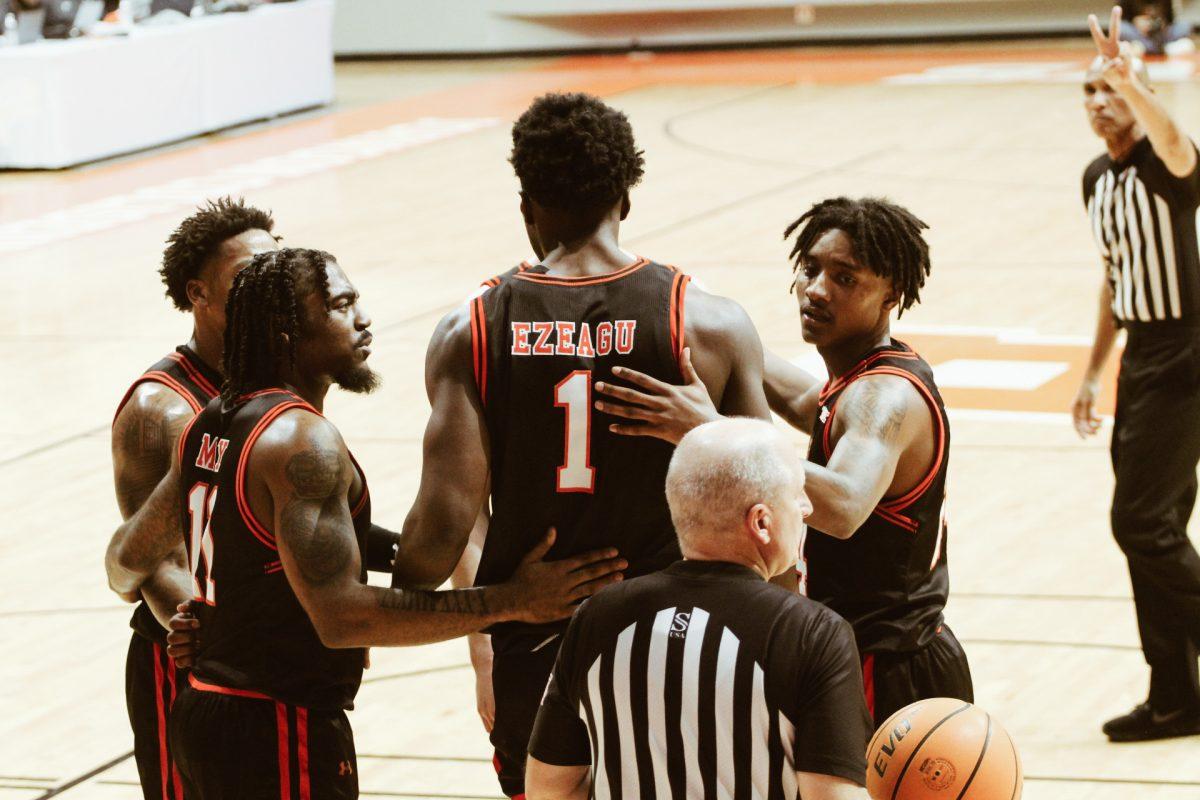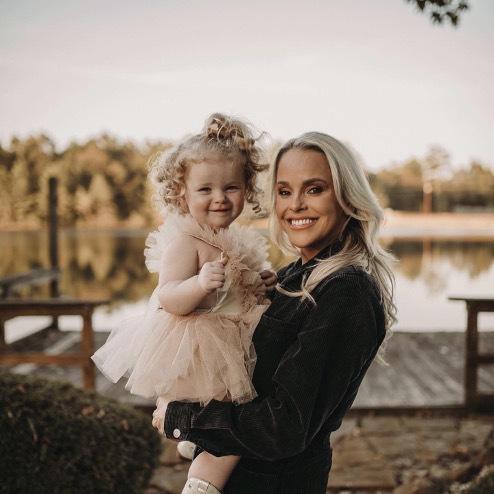Every year the first week in November marks a week of festivities centered around the Common Reader.
This year, the university-wide committee selected “The Good Food Revolution: Growing Healthy Food, People, and Communities” by Will Allen.
“The overarching goal of the Common Reader Program is to provide a campus-wide common intellectual experience, leading to informed and educated perspectives about complex subjects,” Kay Angrove, the Director of First Year Experience’s at SHSU, said. “[The book is] a fitting and challenging choice for the 2017-2018 SHSU Common Reading Experience. Themes in The Good Food Revolution address timely, relevant, and cross-disciplinary topics affecting our students.”
These themes include a number of things beyond simply food. Allen, the author, spent a lifetime in other fields before turning his attention to the subject matter within the book. Starting his adulthood with a brief tenure in professional basketball, Allen worked in corporate marketing at Procter & Gamble. When he retired, he used his retirement package to plant the seed that would grow into the country’s leading urban farm.
With a proven strategy behind him, Allen now focuses on Growing Power, an organization that develops community food systems where he is CEO.
Allen also received a MacArthur Genius grant in 2008 for his work and has only seen his efforts in pioneering urban farming expand since then.
“I think students will discover so many themes and events in the book that relate to your life, to your areas of expertise, and to the lives of the students you will influence and enrich,” Angrove said. “As our students encounter new responsibilities, new communities, new independence, new relationships and new obstacles. Will Allen’s story is full of life lessons and stories that will prompt students to reflect on many of these ideas.”
Central to these ideas is that of thoughtfulness and determination. Allen writes of a life shaped not by struggle but by the drive. He sees opportunity and seizes upon it to the benefit of others around him.
“Mr. Allen believes that access to healthy food is a right of all people, not just those who can afford to buy it,” Angrove said. “Will Allen teaches us how anyone can grow their own food whether you live in an apartment in the city, or out in the country. Mr. Allen also demonstrates the importance of service to those less fortunate. “[He] is an urban farmer who is transforming the cultivation, production, and delivery of healthy foods to underserved urban populations.”
“Events span all disciplines and provide the university community to view themes in the book through different perspectives,” Angrove added. “The events are listed below and span enters art, film, critical thinking through deliberative dialogues, science, history, education, GMO’s, healthy eating, the law, poetry, research, community service, and urban farming.”
The events are focused on allowing students a way to interact with the text in a way that will include their specific discipline. The common reader is always a book with a wide interdisciplinary application, but this year’s text seems to be especially diverse.
“It has a university-wide appeal across disciplines and departments for community-building, in beginning conversations about complex issues, and in inspiring critical inquiry, critical thinking, and excellent opportunities to inspire and foster academic friendships,” Angrove said. “We hope to create curricular and co-curricular enrichment programs and activities, that promote cross-cultural competencies, that foster an awareness of local, national and global issues surrounding food, encouraging students to be active citizens and contributors to their communities.”
“The response from the entire university community has been tremendous,” Angrove said.
Don’t miss out on the events being hosted over the next week and a half, the organizers have gone to some length to ensure accessibility for students.
“All events are free and open to the public. Most events have food available, and most are interactive and involve student participation,” Angrove said.
There are also numerous scholarship opportunities tied to the common reader every semester, the deadline for many falling on Wednesday, October 30.
“Faculty volunteer to lend their expertise in areas where book themes overlap their disciplines,” Angrove said. “Students get to experience book topics through the eyes of artists, attorneys, historians, biologists, plant and soil experts, through film, essays, poetry, research, by participation in critical thinking contests, and in scholarship opportunities.”











